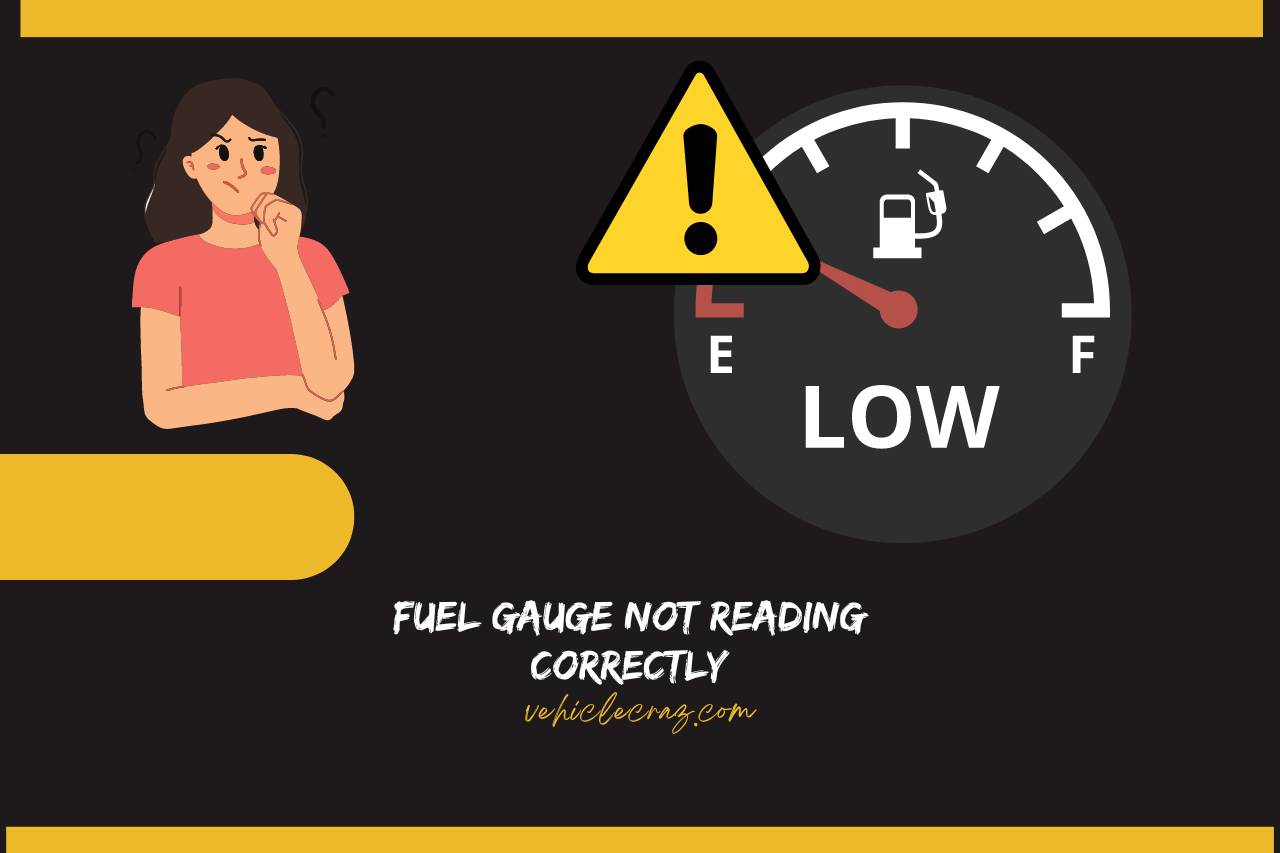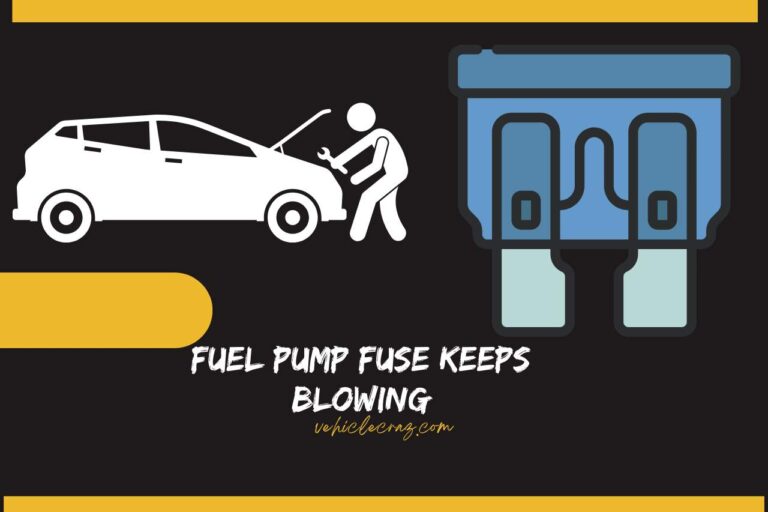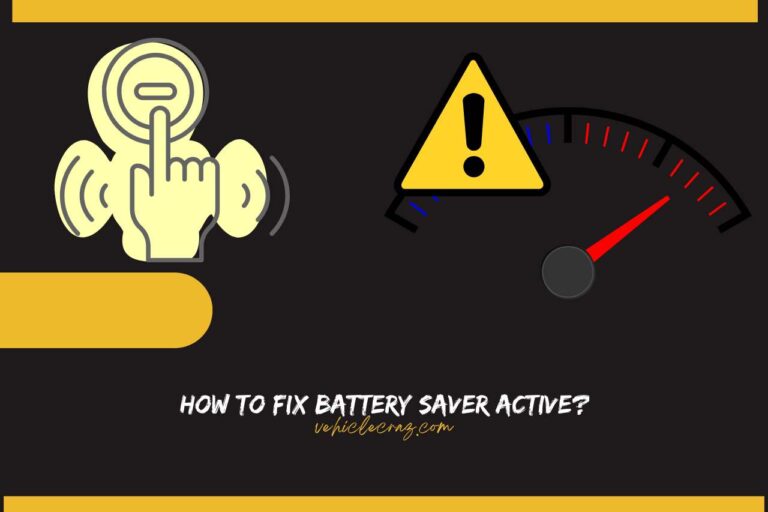Fuel Gauge Not Reading Correctly – Troubleshooting Fuel Gauge Woes!
It is terrible to have a fuel gauge that cannot read the fuel amount correctly. The reason why, you rely on the fuel gauge’s information when refilling the tank. Thus, it is necessary to take prompt action to troubleshoot this issue after identifying the root cause.
Let us help you diagnose the exact cause behind your malfunctioning fuel gauge with this comprehensive blog post. We have listed all the causes plus practical workarounds for this case, so keep reading!
Why is My Fuel Gauge Not Reading Correctly?
Your fuel gauge might not read correctly when there are circuit issues, a faulty sending unit, a bad fuse, etc. To know each cause, go through the following list.
Defective Sending Unit
The sending unit is a component located in the fuel tank that measures the amount of fuel present. It sends electrical signals to the fuel gauge, indicating the fuel level. If the sending unit malfunctions or becomes inaccurate, it can lead to incorrect readings on the fuel gauge.
Circuit Issues
The fuel gauge and sending unit are connected through an electrical circuit. Thus, problems such as faulty connections, corroded wires, or electrical issues can disrupt the communication between the sending unit and the gauge. Any interruption in this circuit can result in inaccurate fuel level readings.
Bad Fuse
A fuse acts as a protective element in the electrical system, preventing damage from electrical overloads. If the fuse related to the fuel gauge blows, it cuts off power to the gauge. A blown fuse can lead to the fuel gauge not receiving the necessary power. As a result, the fuel gauge is not able to provide accurate readings.
Broken Gas Gauge
The fuel gauge itself, often a needle on the dashboard, can be faulty. Over time, the gauge can face mechanical issues, calibration problems, or physical damage. If the gauge is not functioning correctly, it won’t accurately reflect the actual fuel levels in the tank.
Malfunctioning Instrument Cluster
The instrument cluster serves as the central control for various dashboard features, including the fuel gauge. Malfunctions in the instrument cluster, whether due to electronic issues or internal component failures, can impact the accuracy of the fuel gauge. Problems with the instrument cluster may lead to erratic or incorrect fuel level readings.
Bad weather also has an impact on fuel gauges. We have a dedicated article on “Does bad weather affect fuel gauge?.” Read it for more info.
How Much Does It Cost to Replace a Fuel Gauge?
In general, the cost of replacing a fuel gauge ranges from $50 to $500. The cost can vary based on several factors, including the make and model of your vehicle, labor rates in your location, and whether you choose to replace the entire instrument cluster or just the fuel gauge component. Let’s discuss each factor in detail.
- Fuel Gauge Only: If the issue is specifically with the fuel gauge and it can be replaced independently, the cost may range from $50 to $200 for the part, depending on the vehicle.
- Instrument Cluster Replacement: If the entire instrument cluster needs replacement due to integrated gauges, the cost can be higher. This may range from $100 to $500 or more, depending on the complexity and features of the cluster. This may include parts like fuel gauge sensors.
- Labor Costs: Labor costs can significantly impact the overall expense. Undoubtedly, rates vary by location and shop, but you can generally expect to pay anywhere from $50 to $150 per hour for labor.
- Professional Installation: If you’re not comfortable with DIY installation, factor in the cost of professional installation, which can add another $50 to $200 or more.


I’m Alex, a seasoned mechanical teacher with over 20 years of hands-on experience in Australia. My passion for all things automotive has driven me to establish this blog, aiming to share my wealth of knowledge and expertise with fellow enthusiasts, DIYers, and anyone keen on understanding the mechanics behind the machines we rely on daily.







